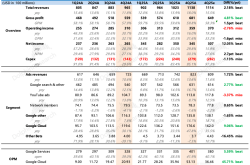Firefox's Fade to Black: A New Era of Browser Battles with AI Emerging as the Front-Runner?
![]() 07/18 2025
07/18 2025
![]() 575
575
Is the AI Browser the Ultimate Answer?
Before diving in, let me pose a simple question:
Do you recall the first browser you ever installed?
While it might feel a bit awkward to admit now, during my days plagued by Internet Explorer, I spent considerable time using 360 Browser. At the time, encountering foreign browsers was rare, and 360 Browser, with its built-in plugins and bookmark synchronization, emerged as a highly convenient alternative.
Upon entering university, it was only through the recommendations of my dormmates that I gradually became acquainted with applications like Firefox and Chrome. Nowadays, the browser I use most frequently is Microsoft Edge, which comes bundled with Windows. Having a usable built-in browser was something I could never have fathomed during my younger years.

In this manner, the Firefox browser briefly entered and swiftly exited my life, becoming a mere footnote in my memory.
Who could have anticipated that, after years of neglect, the news that captured my attention would be such a bombshell.
On July 16th, according to several Weibo users, they received a pop-up announcement of "Beijing Firefox closing" when they inadvertently opened the Firefox forum, speculating that Firefox might shut down its Chinese operating company and terminate all services for Chinese user accounts.

(Source: Weibo)
For many nostalgic netizens, the decline of Firefox signifies the end of a youthful memory.
However, in my view, Firefox has witnessed the inception, rise, and fall of an entire industry. During its dominant years, Firefox fully embodied the fate of countless web browsers: birth, ascension, a brief reign as the challenger, a reluctant step down from the throne, and ultimately a slow disappearance from public view.
Taking this opportunity, I aim to discuss how Firefox lost its luster and explore the direction our browsers might take in the near future.
In the browser industry, Firefox once enjoyed a glorious past.
Those familiar with computer history will recall the barbaric era dominated by Internet Explorer. The now-derided Internet Explorer once boasted a market share of up to 95%!
Firefox's heyday coincided with its role as a challenger to IE.
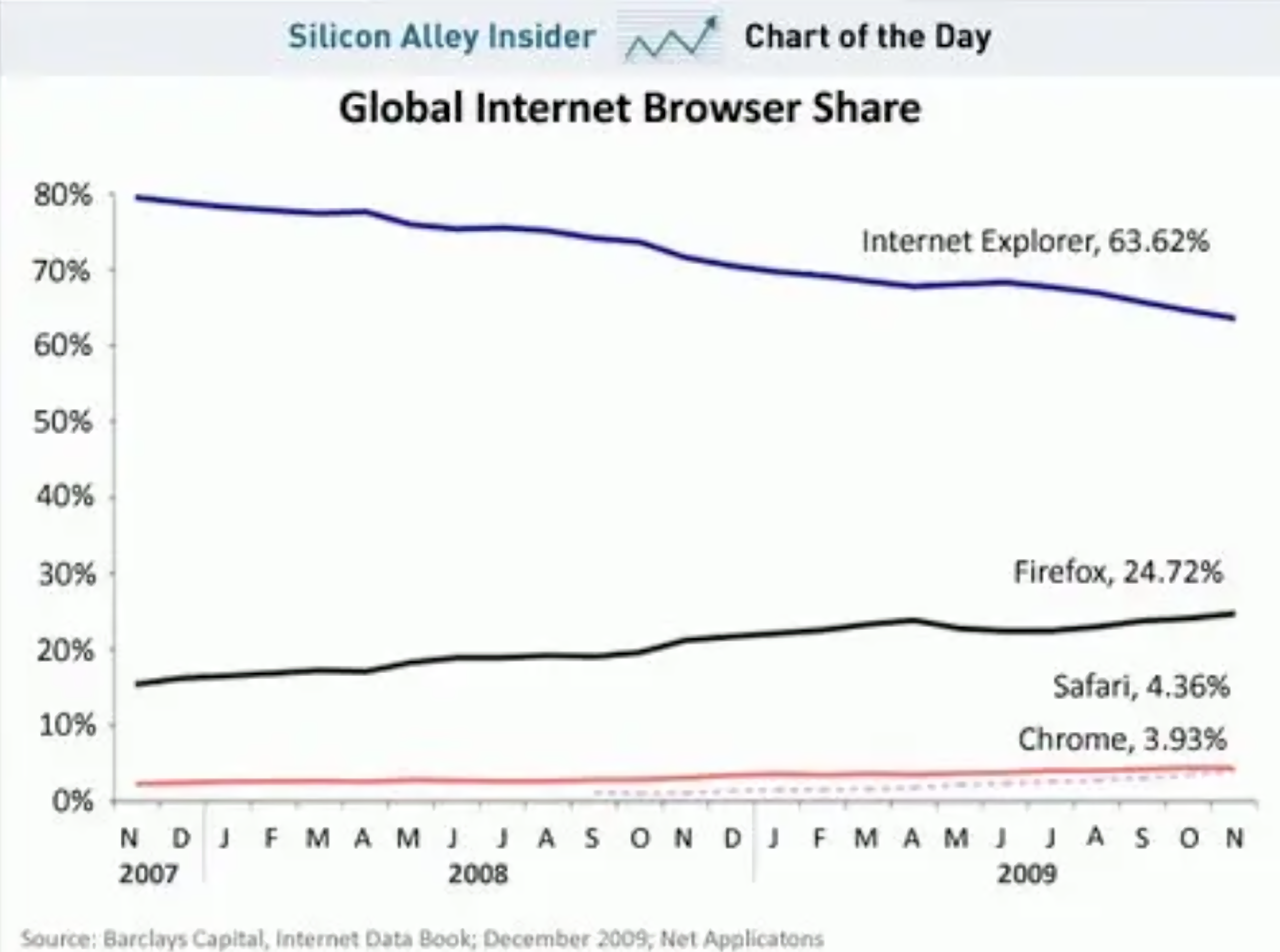
(Source: Silicon Alley Insider)

In 2004, the Mozilla Foundation officially released Firefox 1.0, aiming to merge the concept of open-source code with the online experiences of ordinary users.
It proved to be a successful revolution. In an era when Internet Explorer was riddled with errors and vulnerabilities, Firefox garnered the favor of many enthusiasts due to its lightness, speed, and high security. Its exquisite page design, excellent running speed, and support for a vast array of web standards were even more eye-catching.

(Source: Firefox 1.0)
At the time, netizens viewed Firefox as an "outcast":
It was a highly integrated and powerful platform: audio, video, and PDF documents could be opened directly in tabs without switching applications; with the revolutionary Firebug, web debugging and script modification became unprecedentedly intuitive; even professional functions like network packet capturing were readily available. And the installation package that housed all these powerful features was less than 200MB.
Moreover, Firefox supported customizable add-ons, allowing users to add or modify Firefox functions by installing add-ons.
Users could download from the official "Add-ons" website maintained by Mozilla or obtain components from other third-party developers. The types of add-ons were incredibly diverse: mouse gestures, ad blocking, enhanced tab browsing, and more.

(Source: Firefox)
It can be argued that before the advent of Chrome, the browser usage habits we are most familiar with today were actually defined by Firefox.
Relying on word-of-mouth among users and its own high-frequency updates every 6 weeks, Firefox ultimately achieved a global market share of over 30% in 2008, with Firefox 3.5 even occupying the largest browser market share for a period.
Originally, according to the conventional narrative, Firefox would enjoy the fruits of victory as the hero who vanquished the dragon, becoming the new overlord, succeeding the throne left by IE, and ingraining its own standards into the industry's DNA until eventually being overthrown by new entrants.
However, history's script often harbors surprises, and a younger, more aggressive challenger quietly emerged, ready to rewrite this ending.
In 2008, Google entered the market with the technologically advanced Chrome browser.
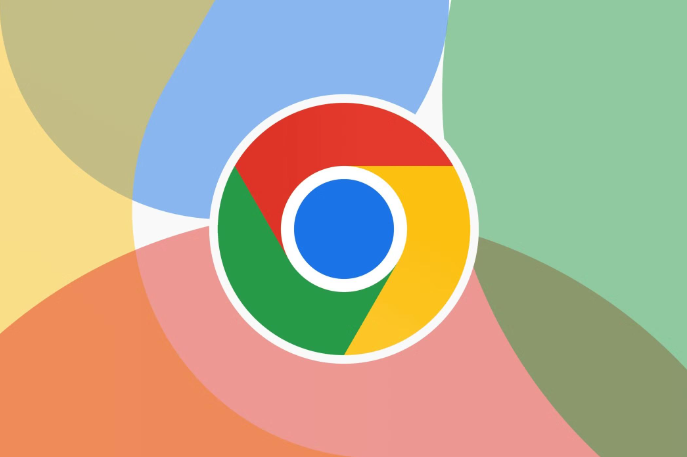
(Source: Chrome)
Just as Firefox challenged IE, Chrome's success was also a dimensional reduction strike in terms of technology and user experience. It not only had the support of Google's ecosystem but also utilized a sandbox architecture to run each tab independently, ensuring that the crash of a single page would no longer crash the entire browser. Coupled with perfectly replicated and improved extensions, the combination of these factors constituted an unparalleled advantage.
Firefox began to struggle. Conversely, Chrome leveraged Google's powerful ecosystem and promotional capabilities, surging ahead and reversing its market position within just a few years.
According to data released by the statistics agency Statcounter, in 2012, Chrome's market share surpassed Firefox for the first time and has remained unchallenged ever since, with no rival able to shake its position to this day.
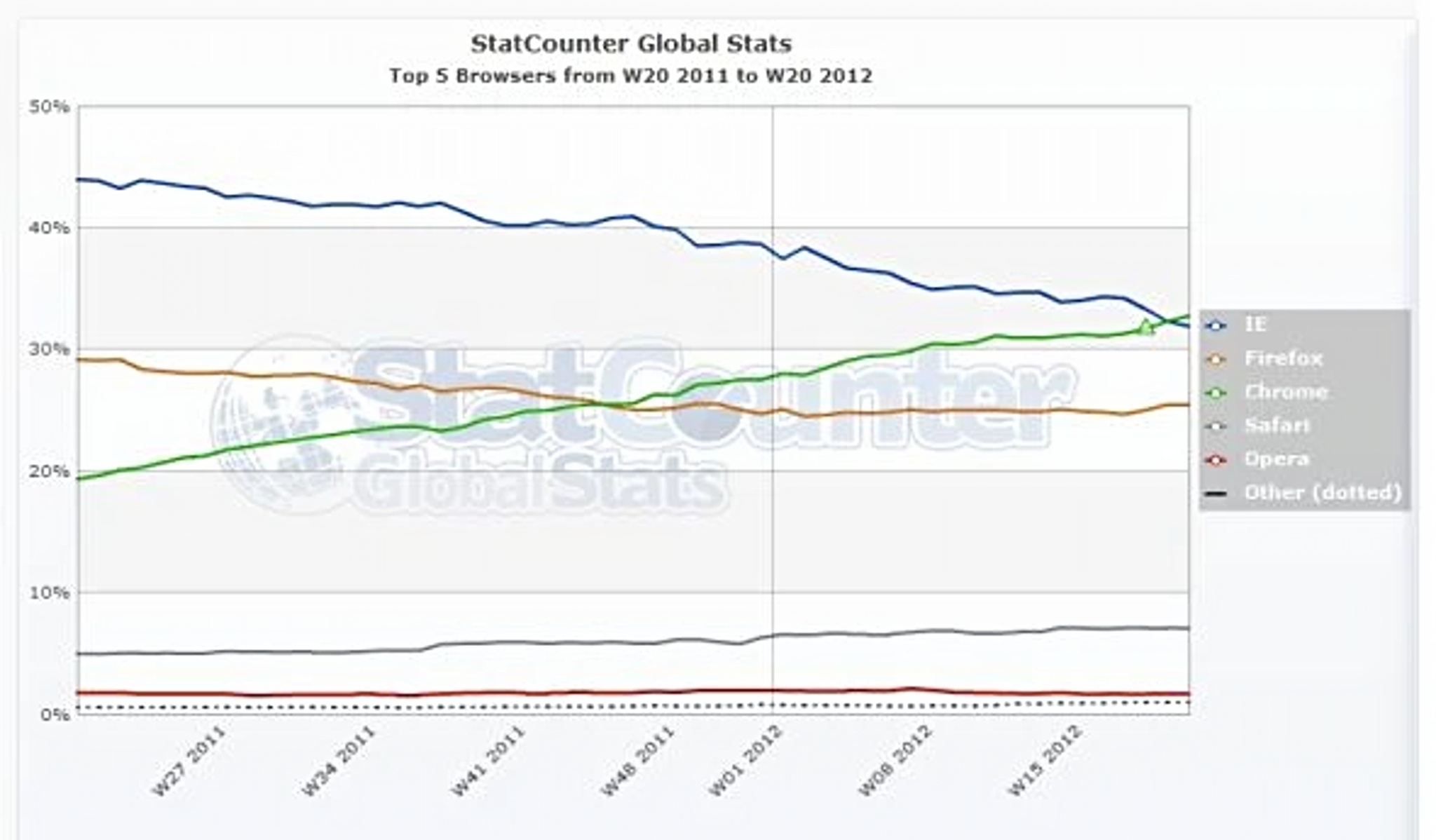
(Source: Statcounter)
Since then, despite Firefox continuously releasing updated versions, it has still suffered a humiliating defeat in the browser battleground.
Particularly the Quantum Firefox upgrade in 2017, due to significant adjustments and optimizations to its core, many old plugins became unusable. And the main selling point of this version was its compatibility with most Chrome plugins, which also prompted many Firefox enthusiasts to switch to Chrome.
And this so-called "exit from China" by Firefox is precisely a microcosm and inevitable outcome of its continuous decline on a global scale.
The question arises: is this true or false?
The truth is that the Mozilla Foundation is not completely abandoning the Chinese market. What will be closed is its localized operating entity in China, "Beijing Mozilla Firefox Company," as well as the "Firefox account" tied to this company with data stored in China. This means that the "special edition for China" Firefox will become history, and users need to migrate to the globally unified international version.

(Source: Firefox Forum)
For many core fans, this is even good news, as it signifies a return to a purer Firefox experience.
However, behind this move lies the cruel business reality: according to Statcounter data, Firefox's share of the Chinese PC browser market in 2024 was less than 3%. With such low market performance, maintaining an independent local operating team and server has long been unprofitable. This is not a proactive strategic contraction but rather a passive financial loss prevention measure.
In my opinion, the reason why Firefox (and other third-party browsers like Opera) has been abandoned by users is ultimately because they have lost the advantages they once relied on for survival.
The inertia of habit is immense. Once a tool is deeply integrated into a user's workflow, there is little motivation to migrate unless a significantly better alternative arises. When Chrome boasts advantages in speed, stability, and simplicity, and has also established a massive extension ecosystem, users no longer have a strong enough reason to choose Firefox.
Just as veterans like Firefox are aging, and the market landscape is solidifying to the point of suffocation, the wave of AI has introduced new variables.
The browser, the oldest entry tool in the Internet era, is becoming the new frontier in the AI era.
While Perplexity, Google, and OpenAI are secretly vying for supremacy in Silicon Valley, a new species called "AI Browser" has begun to emerge, from startup newcomers Arc and Dia to AI search companies launching Perplexity Comet and Genspark, to the rumored upcoming proprietary browser from OpenAI. The race has suddenly become incredibly lively.

(Source: Perplexity)
And their sole aspiration is to redesign and redefine the browser for the AI era.
In the view of these manufacturers, AI requires a carrier to perceive live Internet information and perform specific tasks. And the browser, as the window we face the longest every day at work and life, is the natural best carrier and the decisive entry point in the Internet era.
The question is, how is their experience?
Due to membership benefits/test qualification restrictions, I have only used Arc/Dia browsers. The core experience of such products is actually seamlessly integrating AI chat/AI Agent into the sidebar, allowing you to ask questions, request summaries, and even consolidate information across multiple tabs at any time. Functions such as translation, polishing, and coding are also made into customizable buttons.
In my opinion, this does streamline the cumbersome process of "copying content -> opening a new tab -> accessing ChatGPT -> pasting content -> waiting for results -> copying back," and it can make you feel a bit more comfortable. However, essentially, there isn't much difference from the experience of Chrome with AI plugins.
This level of improvement is obviously insufficient to convince hundreds of millions of users to abandon Chrome, which they have been using for a decade.
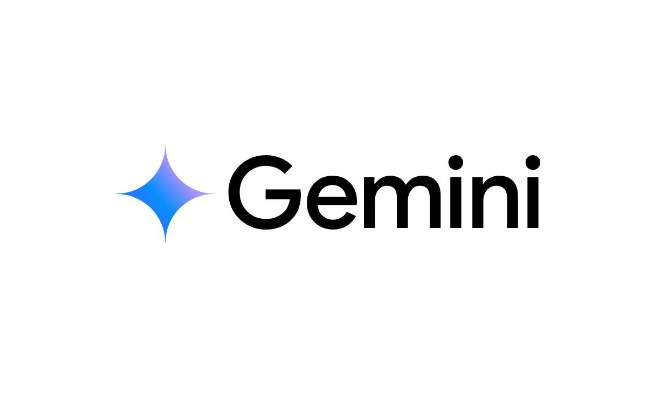
(Source: Google)
Even more embarrassing is that the model of such browsers is essentially "Chrome open-source kernel + AI API + carefully designed UI," which is a clever micro-innovation but lacks uniqueness. Just this May, Google officially integrated the Gemini chat button into the top right corner of Chrome, and its core experience is no different from Dia's. Microsoft's integration of Edge with Copilot will only go deeper.
Once the giants complete the integration of their AI at the system level, the core selling points of these AI browser startups will instantly disappear.
In my opinion, the so-called AI browsers currently on the market are more akin to a large-scale public test. They are the Exploration Stones for the evolution direction of future browsers. Will they become the "next Chrome"? I'm not sure. But the future browser will undoubtedly be AI-centric.
And for Firefox, the once-young dragon slayer, perhaps gradually fading out of the mainstream in such a manner and returning to a niche community serving core fans is also a dignified conclusion. Its historical contributions have long been etched onto the pillar of honors on the Internet, never to be forgotten.
Firefox Browser, AI Browser, Chrome, AI
Source: Leitech
The images in this article are from: 123RF Licensed Stock Photo Library Source: Leitech

